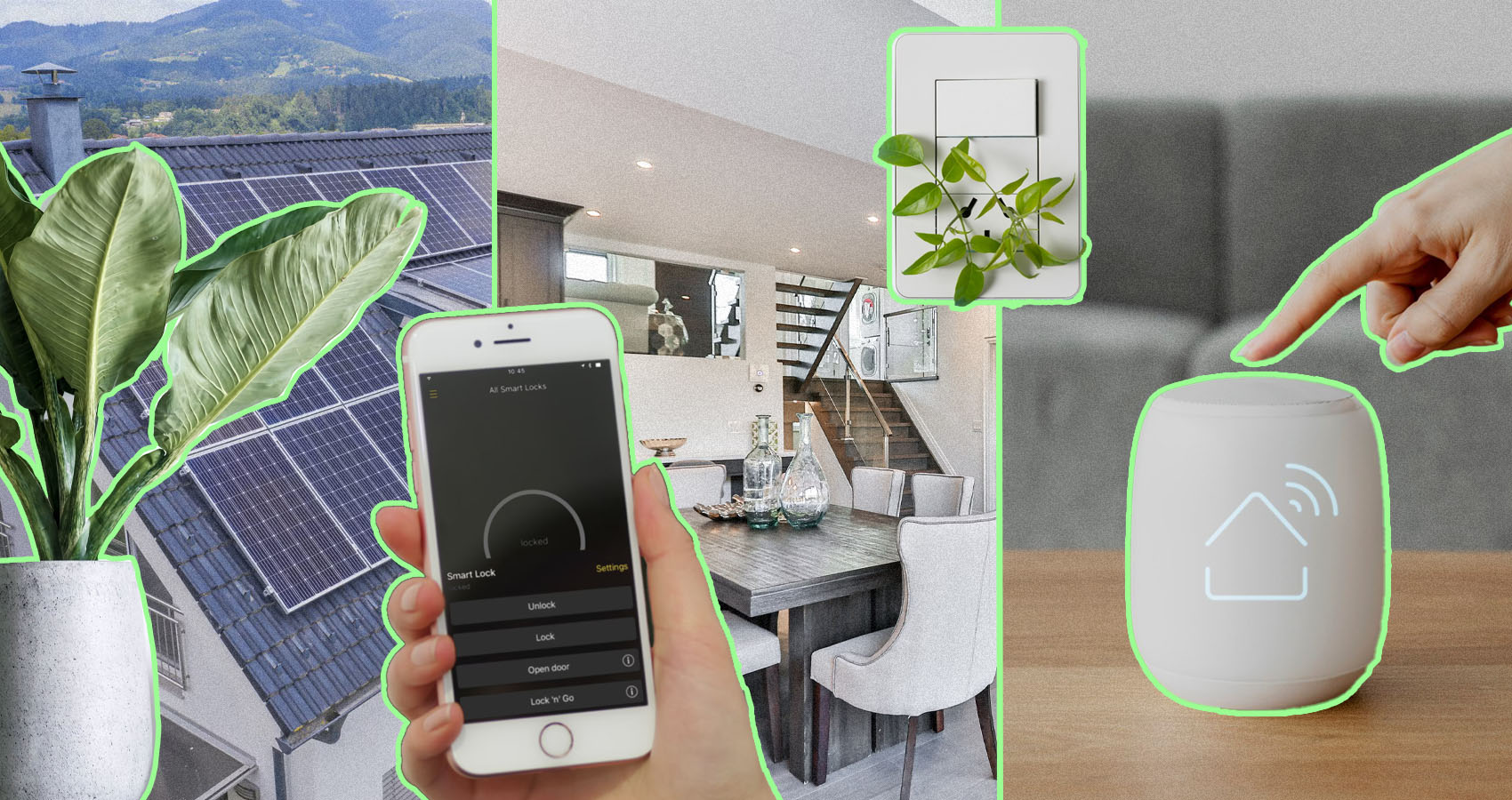
Why Is Eco-friendly Smart Home Technology Essential Today?
Sustainable living.
In a world where people are more conscious of environmental issues than ever before, the rise of eco-friendly smart home technology is no surprise. In San Diego, California, eco-friendly smart home technology is no longer just a trend—it’s essential for sustainable, efficient, and modern living. With rising energy costs and a growing focus on environmental responsibility, integrating smart systems like solar panels, energy-efficient lighting, and automated climate control can significantly reduce your carbon footprint.
San Diego’s sunny climate and green building incentives make it easier than ever to adopt these innovations. From smart irrigation systems that conserve water to advanced security features powered by renewable energy, eco-friendly technology enhances comfort, convenience, and long-term savings. Let’s see how a home designed for efficiency and sustainability promotes environmental conservation.
Ways to Save Energy and Preserve Resources
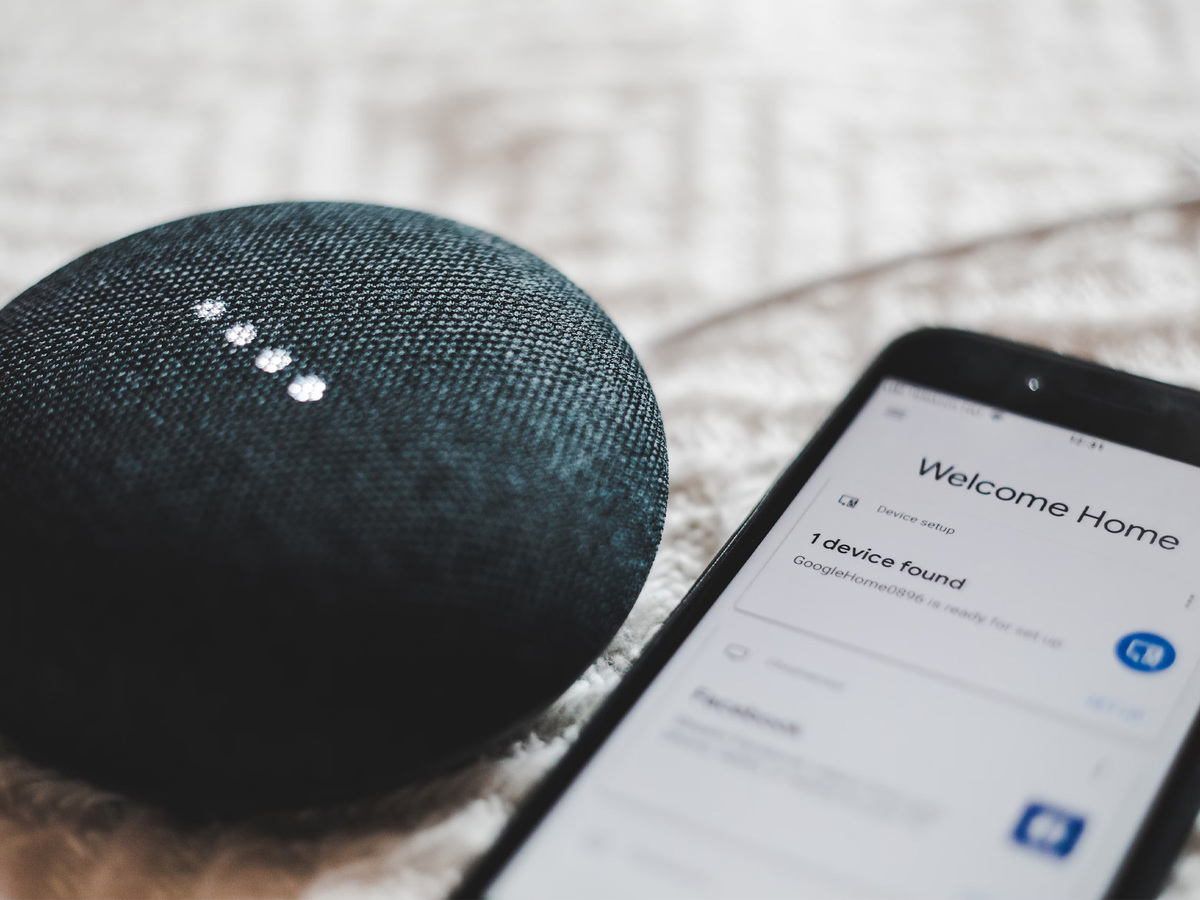
Smart home technology designed to be environmentally friendly is essential for improving how energy is used in homes. Being smart with our use of resources can positively impact energy savings and expenses. Energy-efficient devices like thermostats can adjust the temperature based on whether people are at home. This helps reduce the amount of energy wasted on heating or cooling spaces. Lights with sensors and automatic dimming features ensure they are on only when needed.
Conserving water involves using irrigation systems that adjust watering schedules according to weather conditions and soil moisture levels to lower water usage. They also help maintain gardens and landscapes without unnecessary resource consumption. This mindful use of water helps protect essential resources and supports sustainability efforts.
Minimized Impact on the Environment
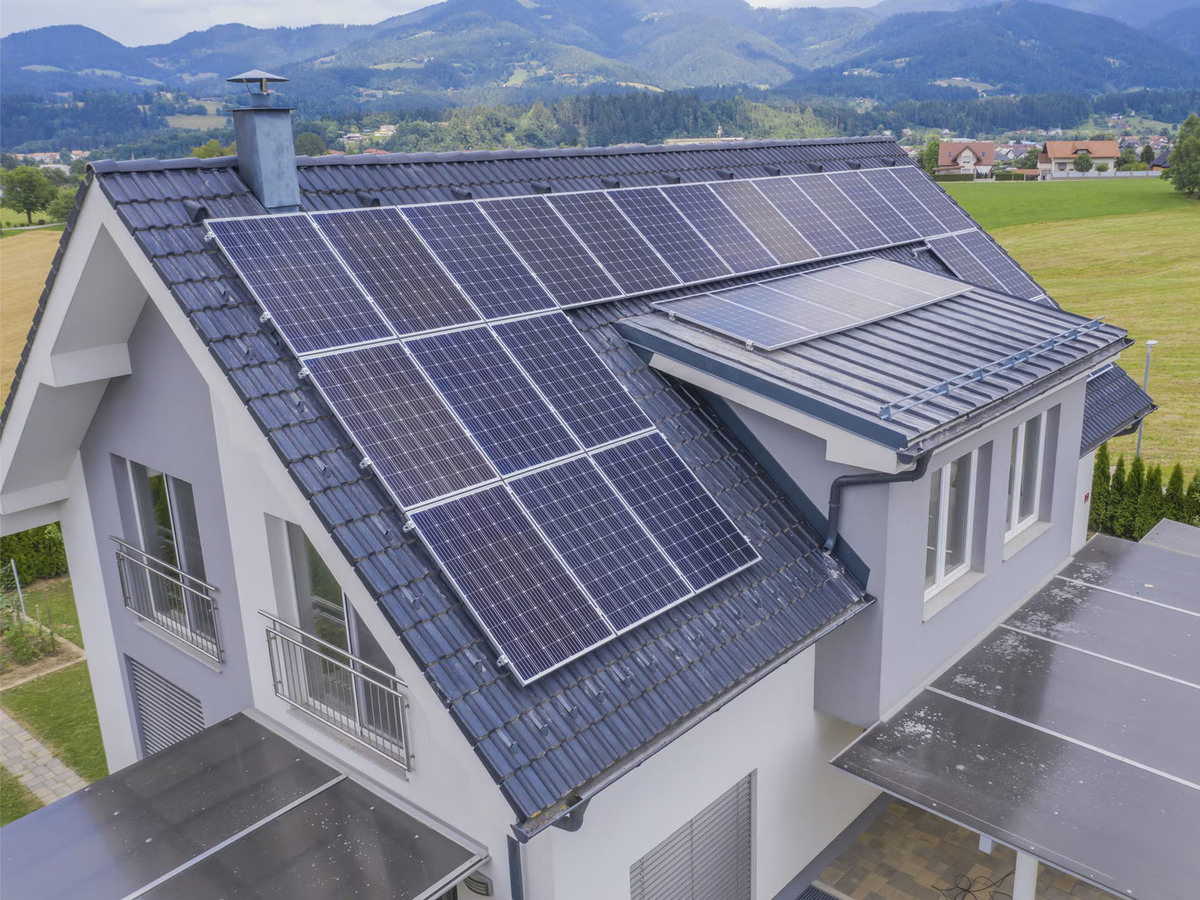
The use of smart home technology is closely tied to reducing our impact on the environment. Traditional homes frequently use systems that add to pollution and waste. In contrast, smart devices streamline usage, reducing emissions and resource consumption. For instance, energy-efficient washing machines and dishwashers modify their cycles based on the amount of laundry to be washed, reducing water and energy usage.
Moreover, using energy-efficient appliances improves a home’s commitment to sustainability. Solar panels and wind turbines can be easily integrated as energy-saving options. Using solar energy helps households decrease their dependence on fuels, reducing greenhouse gas emissions and supporting a healthier environment.
Improving the Quality of Life
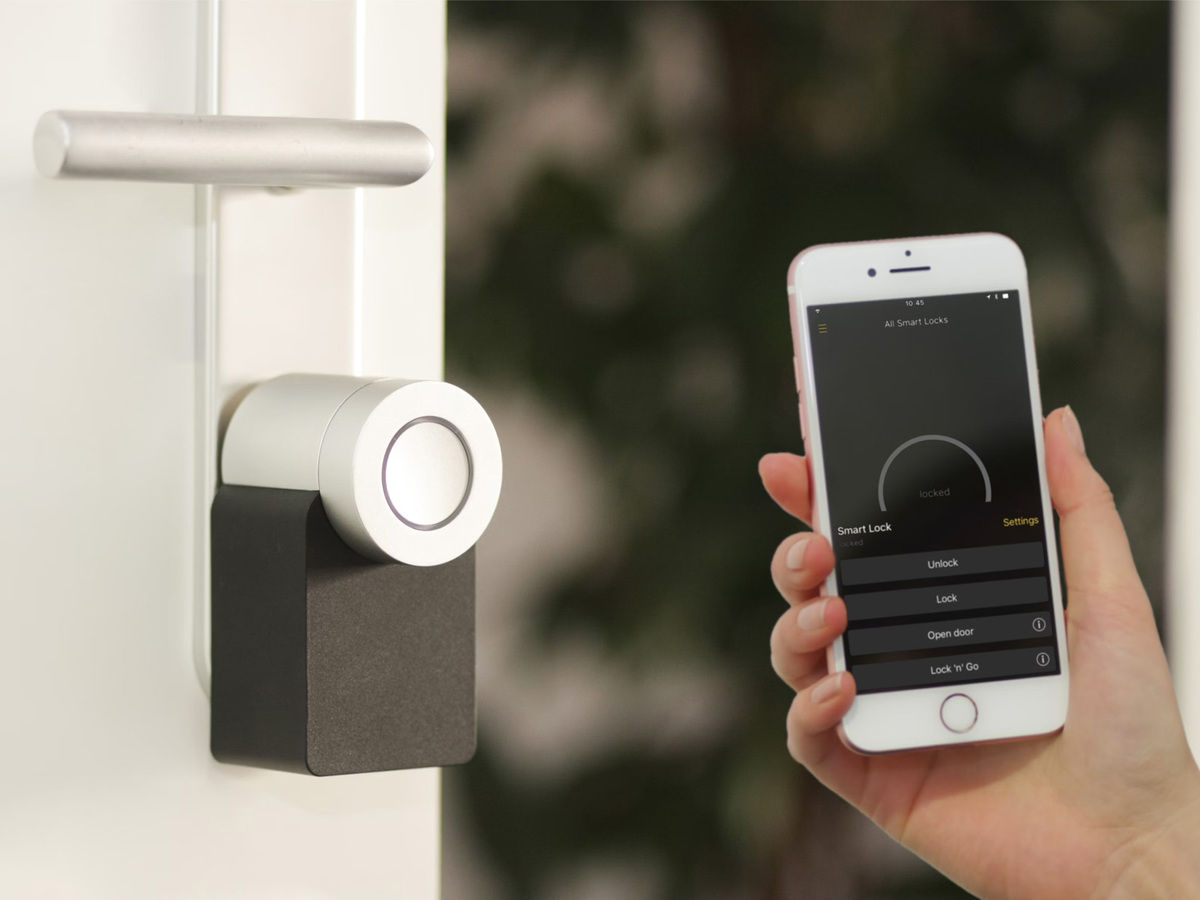
The use of smart home technology has a positive impact on both nature and the well-being of the people living in such homes. Automated systems provide a sense of ease and luxury by making daily tasks simpler to manage. With voice-controlled assistants in charge of lighting adjustments and thermostat settings, residents can enjoy a hassle-free living environment that enriches their experience.
Furthermore, smart home gadgets are key in enhancing safety and security. Automated door locks, surveillance cameras, and alarm systems offer a sense of peace by safeguarding both family members and possessions. In addition, these devices can notify occupants about dangers like gas leaks or fires, enabling quick action during emergencies.
Saving Money and Receiving Rewards
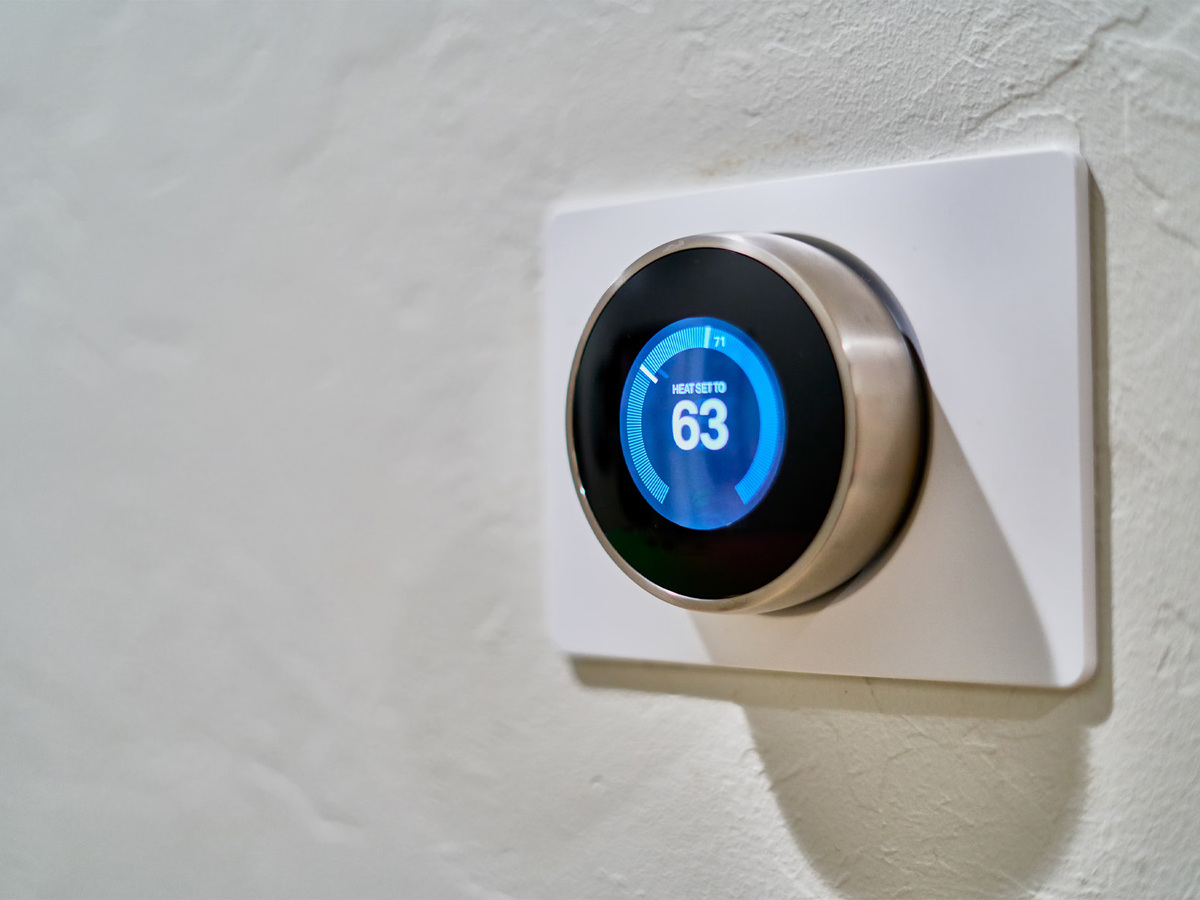
Integrating smart home solutions into your living space can save you considerable money in the long run. Utilizing energy devices and systems helps cut down on utility costs by maximizing the use of resources. Take thermostats, for example. They can reduce heating and cooling expenses by as much as 20%. Moreover, governments often provide incentives, like tax benefits or refunds, for installing solar panels and adopting energy-saving technologies.
The cost of such systems might overwhelm you at first. However, in the long run, the monetary advantages surpass the initial expenses. By cutting down on energy and water usage at home, families can redirect saved funds toward necessities or investments, ultimately enhancing their financial security.
Advocacy for Sustainable Lifestyle
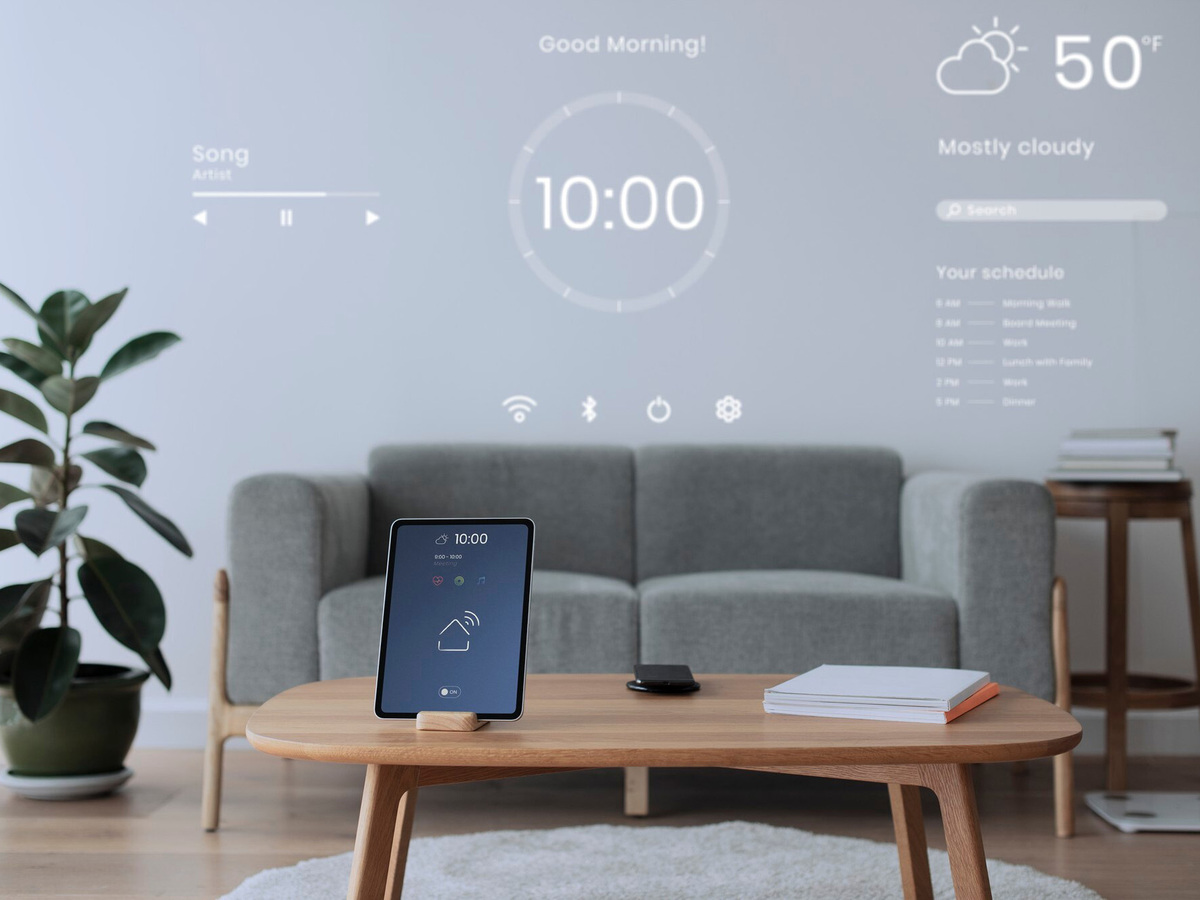
Smart home technology complements the globally growing trend of adopting sustainable lifestyle practices. As awareness about climate change increases, individuals and communities are looking for ways to minimize their environmental footprint and support sustainability. By incorporating smart innovations, homes play a key role in preserving resources and safeguarding the environment.
Moreover, these technologies lower energy consumption since they offer up-to-date energy and water usage information. This helps residents understand their consumption habits better. This increased awareness encourages people to make informed choices regarding resource utilization. Sustainable living then becomes ingrained in everyday practices, positively impacting future generations.
Wrapping Up
In a time when the world is focused on sustainability, eco-conscious smart home technology is considered crucial for promoting sustainability efforts. By improving energy efficiency, minimizing environmental damage, and encouraging eco-living practices, these advancements provide answers to the issues we face today. People adopting these technologies in their homes actively contribute to a more sustainable future for everyone.
For businesses looking to further optimize their water usage and reduce costs, exploring tailored water plans can be a great step—learn more about business water solutions at Utility Bidder. Kindly put it in this paragraph, and it will look like this: Conserving water involves using irrigation systems that adjust watering schedules according to weather conditions and soil moisture levels to lower water usage. They also help maintain gardens and landscapes without unnecessary resource consumption. This mindful use of water helps protect essential resources and supports sustainability efforts. For businesses looking to further optimize their water usage and reduce costs, exploring tailored water plans can be a great step—learn more about business water solutions at Utility Bidder.











